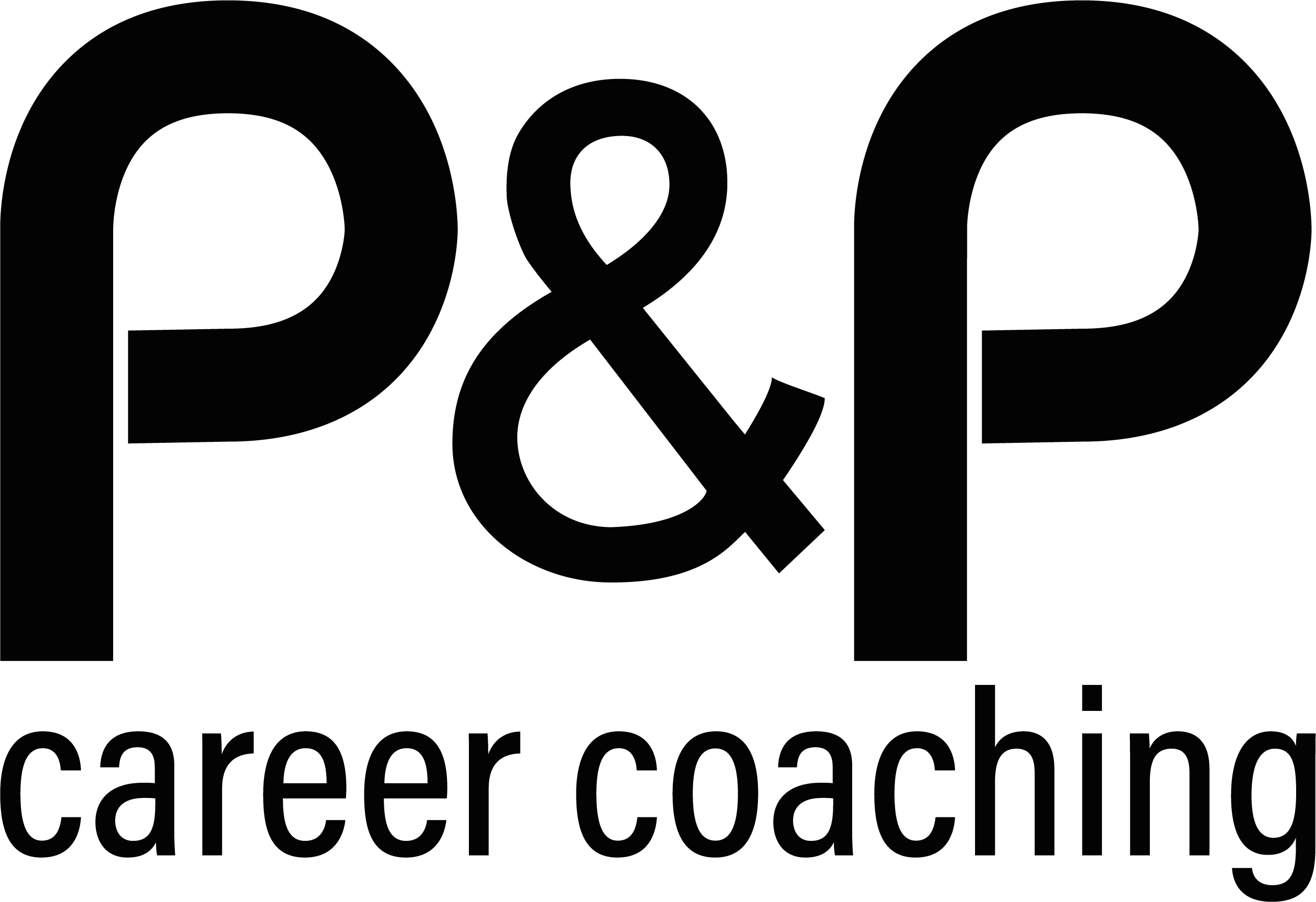Strategies for Creating an Inclusive, Family-Friendly Workplace

What Sets Top Inclusive Family-Friendly Employers Apart?
Every year, awards and benchmarks like the Working Families Benchmark, Parent Friendly Label UAE, and Great Places to Work, recognise employers who are leading the way in creating inclusive, flexible, and family-friendly workplaces – employers who truly set new standards and push the boundaries of best practice.
So, what sets these organisations apart? What are the strategies for creating an inclusive, family-friendly workplace?
It’s not just about having strong policies on paper – it’s about how deeply those policies are woven into the day-to-day culture, strategy, and leadership of the business.
Through our CPO Talk Podcast: Family-Friendly Cultures, we’ve been sitting down with Chief People Officers to explore what it takes to embed a family-friendly culture across every level of the business.
If you haven’t been following along, now is the perfect time to catch up. You’ll hear reflections and practical strategies from leaders shaping inclusive workplaces from the top down, the stories are honest, practical, and packed with ideas worth borrowing.
Our Top Strategies for Creating an Inclusive, Family Friendly Workplace
Here’s our top 5 strategies for creating an inclusive, family-friendly workplace and how to set your organisation apart.
1. Deep Cultural Integration — Not Just Policy, but Practice
The top employers don’t treat flexibility or parental support as a tick-box exercise. These values are embedded throughout the organisation — from recruitment to boardroom decisions.
Whether it’s normalising part-time senior roles or ensuring flexible options are available from day one, these organisations live their values. The Working Families Benchmark Report 2024 shows that 86% of top employers already offered day-one flexible working even before legislation required it, and we believe the top employers go even further, making flexibility part of how the role is designed right from the start.
This was brought to life in Episode 2 of our podcast, “Flexible Working”, with Catherine Ridd, HR Director at Triodos Bank UK. Catherine reflects on her own experiences navigating work-family balance and shares why flexibility isn’t just a perk – it’s essential for wellbeing and performance. She also discusses the practical challenges of embedding flexibility into daily operations, from tackling meeting overload to shifting managerial mindsets.
What stands out in Catherine’s story is the clear cultural message at Triodos, supporting families isn’t confined to a single department or initiative, it’s part of how the organisation sees and values its people as whole individuals. That kind of deep-rooted ethos is what separates top employers.
2. Leadership that Role Models Flexibility
Another defining feature of the top employers is visible leadership support. These are organisations where senior leaders don’t just sign off family-friendly initiatives, they model them. From publicising their own flexible working patterns to sponsoring parenting and carer networks, their involvement signals that flexibility is a career-enhancing, not career-limiting, choice.
This was powerfully illustrated in Episode 3 “Family-Friendly Leadership” with Elise Lockyer, Chief People Officer at Sonovate. Elise reflects on her own journey of balancing leadership and parenthood, and credits the founders of Sonovate for setting the tone — by openly modelling flexibility and compassion from the top. Their approach created a culture where being a parent is not just accepted, but fully supported. Elise emphasises that leading with humanity, especially during moments of personal challenge or trauma, sends a clear message: people matter — and culture starts at the top.
3. Strategic Oversight and Data-Driven Impact
Top-tier organisations are highly strategic in their approach. According to the 2024 report, 96% of benchmarked employers have formal strategies in place, but we believe the Top 10 are identified for going further by tracking real-world impact through staff surveys, exit interviews, HR and feedback. They know exactly how their policies affect productivity, wellbeing, retention, and inclusion, and they use that data to continuously improve.
In Episode 6, “Rethinking Family-Related Policies”, Greg McCaw, Chief People Officer at BKL, shares how strategic oversight can be both compassionate and data-driven. At BKL, policy change starts with a clear question: What problem are we trying to solve? Greg talks about the importance of gathering the right insight — for example, by asking returning mothers about their re-entry experience — to shape not just policy, but the entire journey of becoming and being a working parent.
Greg’s advice to others is clear: don’t just write a policy — understand the full lifecycle of the experience you’re shaping. It’s this kind of human-first, insight-led thinking that separates the Top 10 from the rest.
4. Going Beyond Flex — A Lifetime of Support
While flexibility is the foundation for most employers, we see the top tier stand out by offering holistic, life-stage support. They understand that working families need more than just remote options — they need support through fertility treatment, miscarriage, surrogacy, baby loss, menopause, and eldercare.
Notably, where the national average for Parental Leave uptake by fathers is just 5%, we see benchmark employers shaping a culture that encourages men to take leave.
This philosophy is at the heart of Episode 1, “Parental Transition Coaching” where Linda Johnston, Chief People Officer at Isio, shares why coaching programmes must be inclusive of fathers, not just mothers.
Linda highlights that many dads are navigating their parenting journey without role models and that giving them explicit permission and reassurance to engage more deeply with family life can be transformative. She notes that supporting men to take parental leave, engage with coaching, and share the load at home not only strengthens outcomes for children but also creates a more balanced and equitable workplace.
“It becomes more of a game changer,” Linda explains, “when we help men understand that being involved doesn’t impact their careers — we can encourage men to really partake of the experience and share the load.”
Helen Letchfield, co-founder of Parent and Professional, reflects in the episode that parental transition coaching has evolved, and as a company we have moved from talking about ‘maternity coaching’ to ‘parental transition coaching’, by now supporting both parents equally in navigating this major life shift.
This broader, more inclusive framing is exactly the kind of thinking that defines top employers — where family support is embedded as an ongoing inclusive strategy, not just a moment-in-time initiative.
5. Innovation That Raises the Bar
These employers aren’t just meeting standards — they’re setting them. From launching paid neonatal leave, offering equal parenting leave as a standalone entitlement, to introducing manager training, the top employers are future-proofing their cultures. They lead the way not only in flexibility but in designing roles with clearly defined output-based objectives to prevent overwork.
This was the heart of our conversation in “Future Workplaces” with Louise Brown, HR Leader and Board Chair of City HR, Episode 4. Louise shares how organisations must move beyond the narrow definitions of family — recognising blended families, co-parenting across households, and caring responsibilities that span generations and situations.
She explains that family life is no longer linear, it’s fluid, unpredictable, and deeply personal. From fertility treatment and delayed diagnoses to mental health challenges and eldercare, Louise calls on organisations to be more adaptive and inclusive in how they design support.
“Truly family-friendly organisations need to anticipate and accommodate the wide spectrum of caring responsibilities,” she says, “from the emotional demands to the practical needs that arise in someone’s life.”
Rather than layering policy on policy, Louise promotes a more values-led approach – where people feel genuinely supported through the messy, unplanned and non-linear events that shape their working lives. This forward-thinking mindset is a hallmark of top employers: they don’t just support employees through a single transition – they stay with them throughout the whole journey.
Why Creating an Inclusive Family-Friendly Workplace Matters
Being family-friendly isn’t a nice-to-have – it’s a must-have for attracting and retaining top talent.
The Working Families 2024 Benchmark highlights that nearly one-third of working parents considered leaving their job due to inflexible arrangements.
The top employers understand that if people thrive at home, they thrive at work. They’ve moved beyond pilot programmes and poster policies, and built family support into the fabric of their organisation.
Whether you’re in HR, DEI, or people leadership, the message from those employers who have earnt recognition is clear: true success lies in embedding family-friendly practices across your culture, not just your policies.
Explore the full Working Families Benchmark 2024 report
https://workingfamilies.org.uk/publications/benchmark-report-2024/
See who has made the Working Families top 30 employers list
https://workingfamilies.org.uk/employers/benchmark/top-30-employers/
Want to Join the Next Top Employers List?
At Parent & Professional (P&P), we help organisations turn insight into impact – supporting parents, carers, and managers with the tools they need to thrive at every life stage.
Whether you’re looking to build inclusive parental leave policies, upskill your managers, or embed flexible working into your culture, we can help. Let’s make your workplace truly family-friendly. Get in touch to start the conversation.
